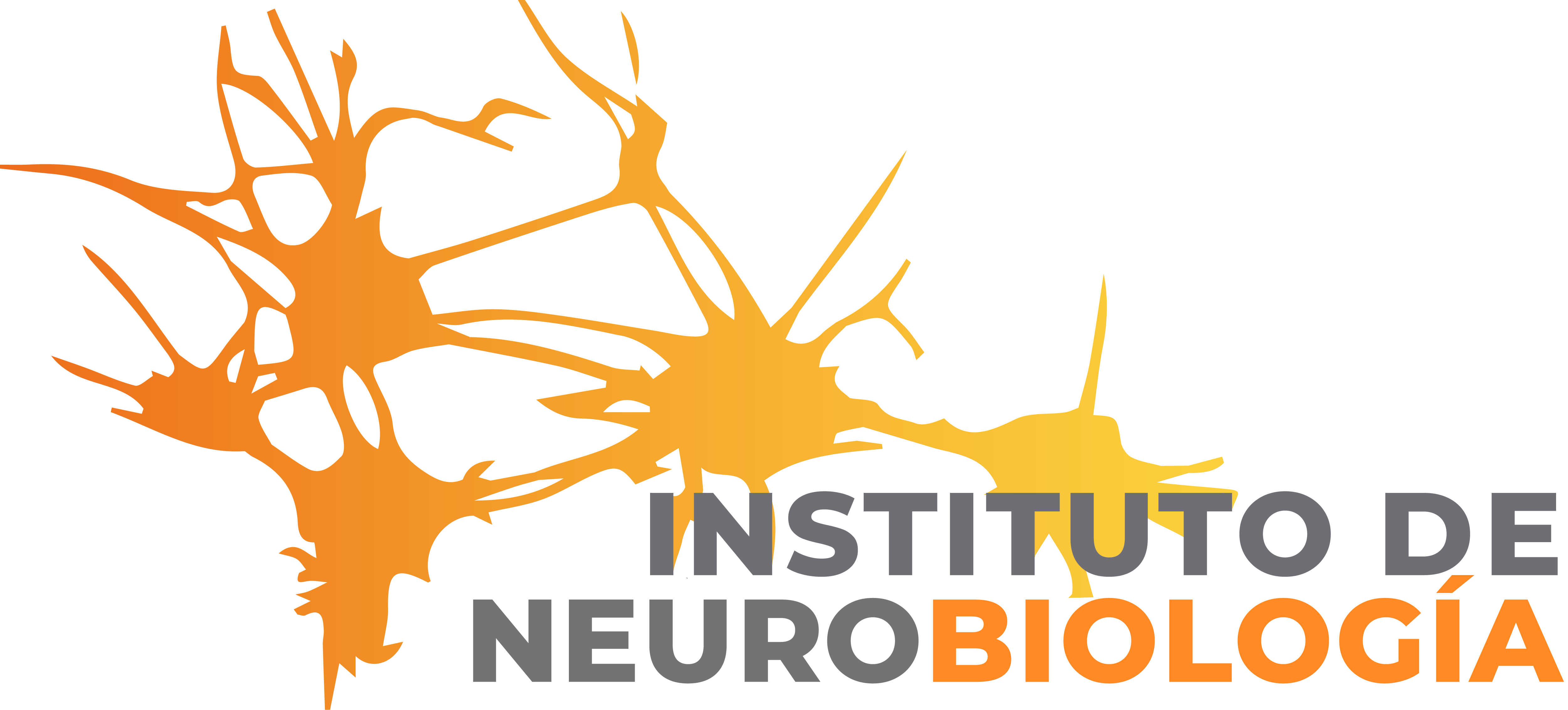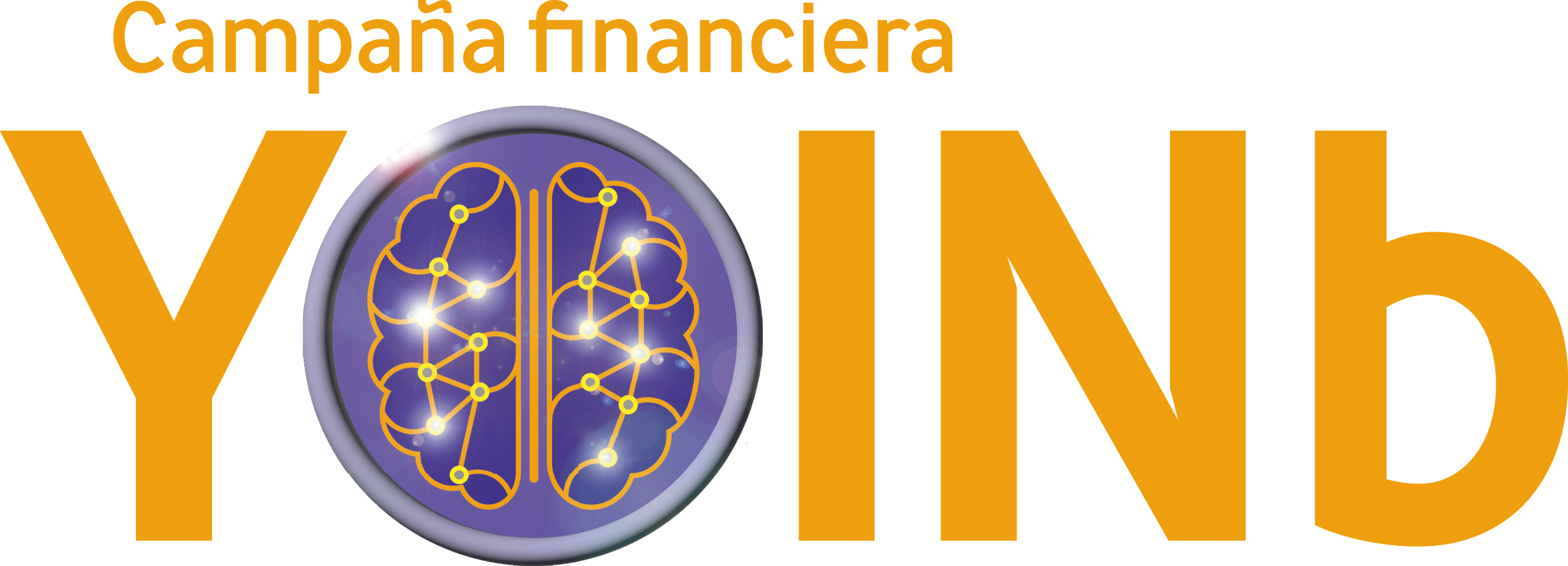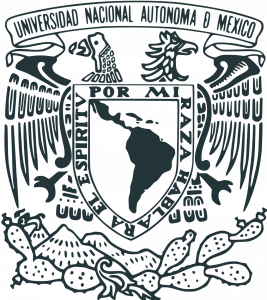THE Q2 SUMMER SCHOOL (QUEBEC-QUERÉTARO)
Imaging is an important research tool in the field of neuroscience. More than 100 years ago, with the aid of the microscope, pioneers in the neuroanatomy field achieved important discoveries contributing to understanding the brain structure. Currently, a wide range of imaging technologies provide unprecedented sensitivity for visualization of brain structure and function from the level of individual molecules to the whole brain. Many noninvasive imaging methods allow dynamic biological processes to be monitored over time. Imaging enables researchers to identify neuronal networks involved in cognitive processes, understand disease pathways, recognize and diagnose diseases early, and determine how therapies work. The application of these different techniques that can peer into the macro and microstructure may help the field of translational research improve by providing coincidences between basic studies in animals and extrapolate them to humans. The purpose of this school is to teach about advanced methods to a new generation of future researchers in from world experts.
Detailed Description of the School
The school will be divided into microstructure and macrostructure visualization techniques, that include the most common and advanced methods in each topic. The magnetic resonance imaging topics will include small animal and human imaging. It is projected to serve 30 trainees from Latin America and the Caribbean, Canada and the US, where outstanding students will be selected to participate in an onsite advanced two-week training program. During this time, students will engage in theoretical and practical lectures in each of the themes, delivered by experts in their fields with hands-on training using the latest technology available. Each theme will include lectures on the biophysical principles of imaging modalities, along with one or two practical sessions or demonstrations per topic. All expenses will be covered by the program for each of the students in Latin America and the Caribbean. Student applicants must be senior Ph.D. students, postdocs and junior faculty who have had adequate exposure to at least one research technique during their graduate studies, and will be expected to have at least one publication. This initiative will take place in collaboration with the Federation of Latin American and Caribbean Neuroscience Societies (FALAN), the CERVO Research Center at the University of Laval in Quebec and the Mexican Society of Physiological Sciences. Moreover, the collaboration with FALAN will allow students in Latin America and the Caribbean to access the theoretical talks online on-demand. The school will take place at the Instituto de Neurobiología at the Universidad Nacional Autónoma de México (UNAM) in Queretaro, Mexico. The program’s approach and curriculum were developed with input from a core group of leading scientists from the Institute of Neurobiology. Additionally, the course will cover professional development topics, including manuscript publishing, the responsible use of animals in research, and research ethics and scientific conduct.
Organizer: Eduardo A. Garza-Villarreal, MD, PhD/Teresa Morales, PhD
Place: Institute of Neurobiology, UNAM campus Juriquilla, Querétaro, Qro, México
Dates: 4-15 August, 2025



 UNIVERSIDAD NACIONAL
UNIVERSIDAD NACIONAL